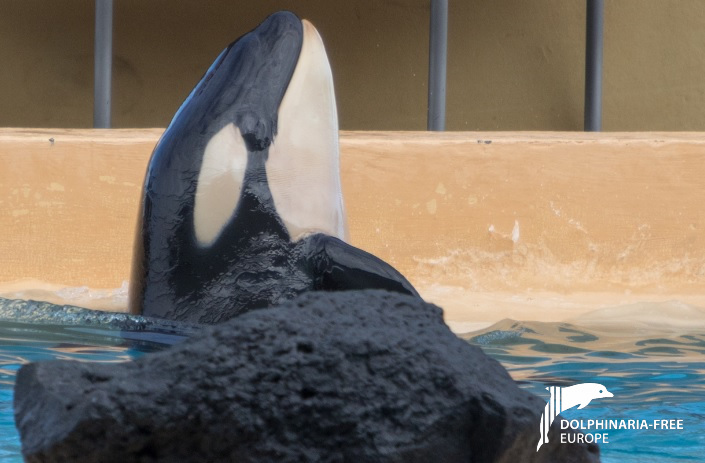
Dolphinaria-Free Europe (DFE) continues to call for an end to the keeping of cetaceans (whales, dolphins & porpoises) in captivity throughout Europe. The death, at Loro Parque, Spain, of the orca calf known as Ula, the calf of wild-born Morgan who remains at the centre of the controversy of captivity, is yet another example of how these animals cannot thrive in captivity. She was reported to have died on 10 August 2021 of “a very critical situation”. Although no further details were given she had been afflicted with an “intestinal pathology” in April 2021.
Only the day before the announcement of her death, Wolfgang Kiessling, the owner of Loro Parque, was quoted in the facility’s blog as stating “It is frustrating and tiring to see the ill-informed requests on the release of cetaceans under human care into the wild or putting them into marine sanctuaries...”. The blog also states “Modern zoological facilities have been taking care of cetaceans since [sic] several decades. All the scientific evidence shows that currently they have longer living [sic] expectancy under human care than in the wild, which probes [sic] that they receive adequate care and thrive in dolphinariums.”
Yet Ula’s death is a reminder that she is not the first calf to die there (the other was Vicky, who died when she was less than one year old) and that only five months ago (in March 2021), a 17-year-old female orca, known as Skyla, also died. These deaths are a reflection of yet another failure by zoological facilities when attempting to justify the keeping of orca for entertainment. In the wild, female orca can live in excess of 60 years and at least one has been estimated to be over 100 years old.
It is DFE’s position that the keeping of all cetaceans in dolphinaria is neither natural nor sustainable and it should be phased out. We believe an immediate ban on the breeding of orca should be implemented throughout Europe in order to phase out the keeping of this species in captivity.

